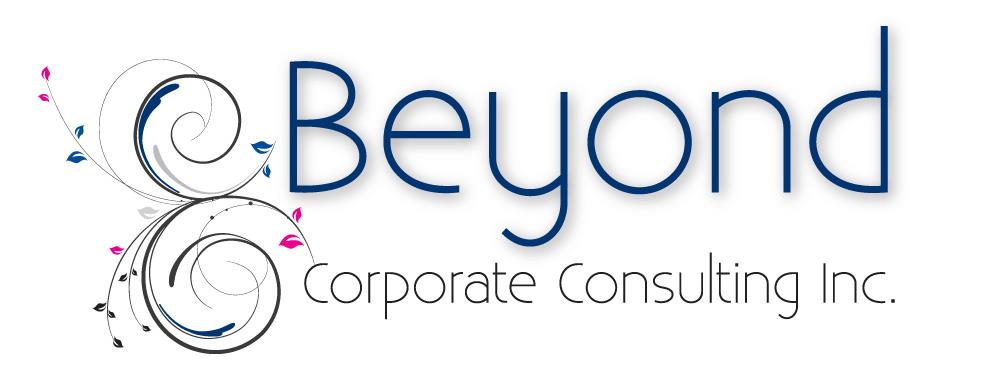To work cooperatively with others is detrimental to the success of any employee in an organisation. A team consists of two/more individuals that combine their skills and abilities to work towards a common goal. Teams are formed in order to take advantage of the power of synergy. In order to achieve this, teams need to be equipped with the necessary skills in order to perform to the benefit of the organisation.
The word “team” has been described by some experts in the field as:
“Together Everyone Achieves More”
The benefits of Beyond Consulting’s team building can include:
• An empowered workforce;
• Greater job satisfaction;
• The flexibility and ability to react to changing demands;
• Improved performance; and
• Longer term company stability and profitability.
It is clear from the above that team building can be a valuable process if it is done professionally. On the other hand, it can also have many negative consequences if it is not adequately controlled and managed (e.g. some employees might use this as an opportunity to exploit the weaknesses of their managers if not facilitated professionally).
It is important that team building sessions are not only fun for the participants, but that it leads to positive outcomes and improved performance in the organisation. Beyond Consulting has therefore developed team building programmes that benefit the organisation in the longer term as well as providing a fun-filled opportunity to the participants.
Team building foundations
The Myers-Briggs Type Indicator (MBTI) is a personality questionnaire that is often used in a team context. This psychometric assessment instrument (recognized by the HPCSA as a registered psychometric assessment instrument) focuses on a person’s natural personality preferences – i.e.:
• the manner in which a person gets energy (extraversion/introversion);
• the way in which a person takes information in (sensing; intuition);
• the way in which people make decisions (thinking/feeling); and
• the way in which a person organizes the world around him/her (judging/perceiving).
How a team building session incorporating the MBTI will assist your organisation?
The MBTI helps people to understand not only their own results, but also the relationship of their results to their contribution and effectiveness as a team member. Each person’s individual preferences can be used to help the team work more productively to accomplish common goals.
Furthermore, the MBTI helps people to understand:
• their own leadership style;
• the influence of their style on your teammates;
• their contribution to team functioning;
• how they can maximize their effectiveness within the team; and
• how they and their teammates may irritate and annoy each other.
It will thus assist people to understand:
• Themselves – a person’s natural preferences for focusing his/her energy, gathering information, making decisions, and living a certain way.
• The team – a person’s preferred way to respond to team challenges; his/her style of interaction with others in the team; and the unique way that his/her preferences allow him/her to make a distinctive contribution to the team.
Although preferences may lead people to behave in certain predictable ways, organisational and personal goals may also induce people to act in ways that are different from their natural preferences. Successful team building requires people to work with their natural preferences. However, to be an effective team member, they may also need to function in a way that is different from their natural preferences.
When team members understand their styles and those of others, they are likely to be more effective.
We can customize our team building workshops to suit your specific needs. Please contact melandi@beyondconsulting.co.za for more information on this.

